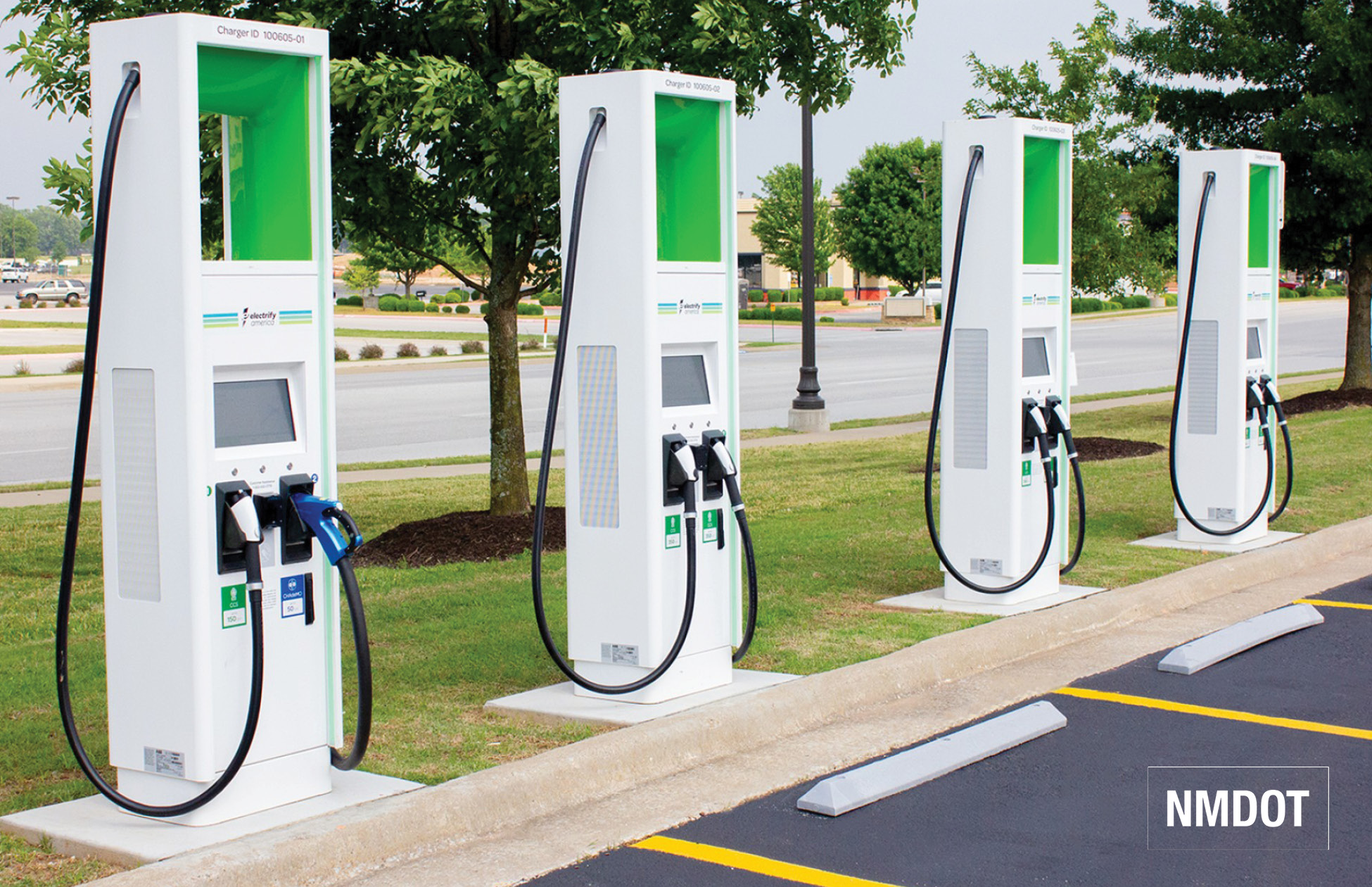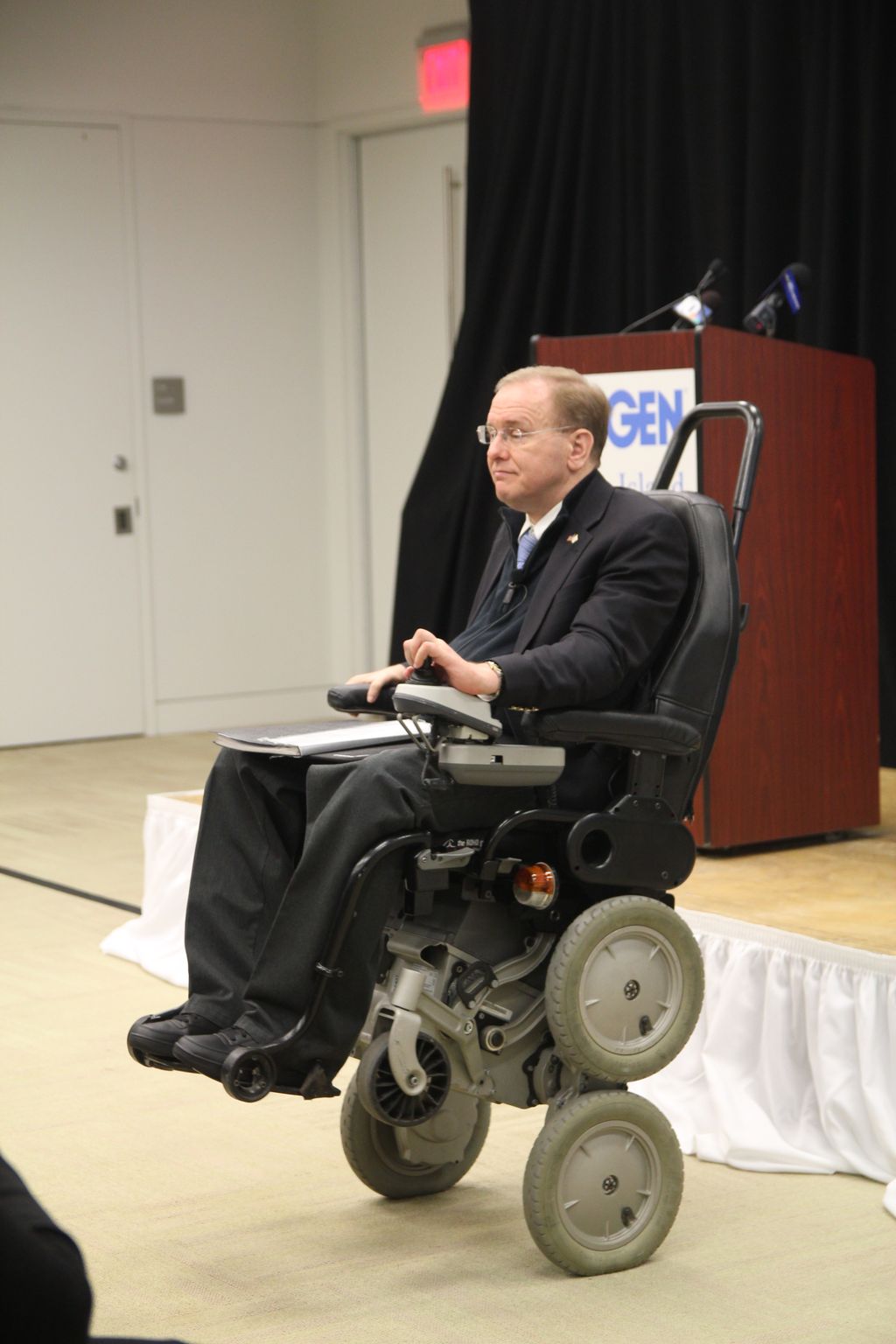Charlestown’s 2023 was busy but productive
By Deborah Carney, Charlestown Town Council President
Charlestown is a wonderful town with great people, beaches, parks, open spaces, businesses, and low taxes.
The Town Council and the town’s dedicated
staff have had a busy and productive year!
We improved transparency and open government by holding two regular monthly meetings of reasonable length instead of one lengthy meeting, permitting more in-depth review of agenda items.
We now
require detailed minutes instead of a cursory reporting, to provide informed
transparency and historical recording.
We returned a voice to the people of Charlestown by reinstating the Charter Revision Advisory Committee to a “standing committee,” providing a vehicle for residents to seek charter changes.
The committee’s recommendations/suggestions for changes are due this
spring. The council will then decide which recommendations should be placed on
the ballot for the voters.
The council established an Ordinance Review Ad Hoc Committee to review and update Charlestown’s ordinances, some of which are outdated, unconstitutional or in violation of state law.
This comprehensive
review, with the assistance of General Code, is the first in approximately 20
years and was sorely overdue.
Through the Town Council Rules and
Procedures, the council also guaranteed all councilors equal rights to place
items on an agenda, without veto, reversing prior policy.
The Town Council contracted with Charlestown Ambulance Rescue Service, which, beginning in July of 2024, will provide critical funding for continued high-quality emergency services.
This
arrangement alleviates residents from paying directly for emergency services
and ensures that CARS remains adequately staffed 24 hours a day, seven days a
week.
The Town Council and town staff are
collaboratively examining possible improvements to provide safer travel for
pedestrians and bikers along Charlestown Beach Road. No decisions have yet been
made and all suggestions will be considered.
Recent discussions in Charlestown have centered on the required Ninigret Park Master Plan Update, which is five years past due. Contrary to online postings, the Town Council has not yet received the updated plan from the design consultant.
Further, the Town Council has not endorsed any construction plan for Ninigret Park, let alone one for $20 to $30 million, as has been rumored online.
It is important to note that the Master
Plan is simply a planning guideline for possible future park improvements. The
Town Council’s review of the consultant’s suggestions is anticipated to begin
early in 2024.
This upcoming year, the council will also discuss the possibility of Ninigret Park becoming the first stop on a newly created whimsical “Troll Trail,” an installation by internationally known artist Thomas Dambo, which would be sponsored by the South County Tourism Council.
The trolls are proposed to be created by collaboration between the
artist and local tradespersons and would provide a year-round attraction, at no
cost to the town.
In 2023, the council hired a new town
administrator, Jeffrey Allen, Charlestown’s former police chief. Mr. Allen
brings with him a firsthand knowledge and understanding of Charlestown and a
personal interest in working to make Charlestown an even better place to live.
In addition to Mr. Allen, the town also
welcomed newcomers Patrick Gormley, Jill Cuddy, Kristen Hemphill, Jan Lombardo,
Drew Perry, Shirell Perry and Jim Stepalavich to our staff. We said goodbye to
retirees Don Black, Lt. Kevin Kidd, Michele Voislow and Kim Wheeler and thank
them for their dedicated service.
Charlestown’s challenges for 2024 include filling its volunteer opportunities, particularly in its fire districts. For more information visit http://www.charlestownfd.org or send an email to chief@charlestownfd.org.
Affordable workforce rental housing and homeownership for families, in the face
of rising real estate valuations, will continue to be daunting, but must be
addressed.
As always, the Town Council encourages residents to apply for positions on boards and committees, attend Town Council meetings and/or view them via the town’s website at www.Charlestownri.gov.
We encourage our residents to reach out with comments, questions, and suggestions. By working together, we can accomplish many things in 2024.




.webp)







.webp)
.webp)
















